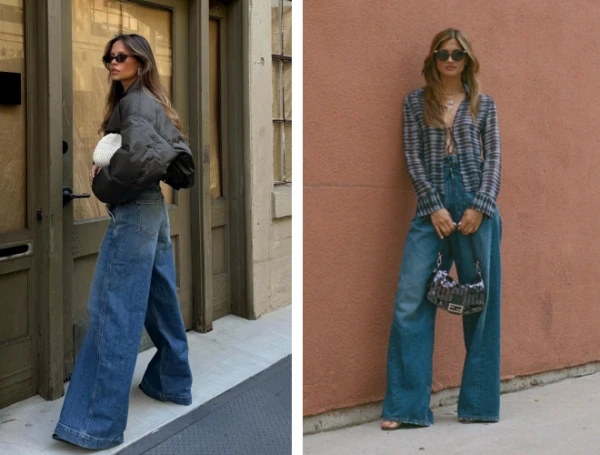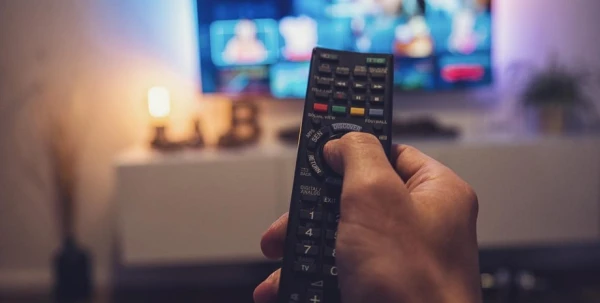
He may seem perfect: stylishly dressed, speaks beautifully, and earns well. But behind this image often lies a performance for the public. This type is already being discussed on social media as a new trap in relationships.
Imagine you are meeting a handsome guy: he is wearing a stylish vintage jacket, with wired headphones in his ears and perfectly styled hair. The conversation flows easily: he talks about feminism, recommends interesting books, discusses arthouse films, and shares a recipe for the most delicious pasta.
It seems like he is the perfect friend and boyfriend in one. But after some time, it turns out that all of this was just a mask — a carefully constructed image that helped him make an amazing impression in no time. So, meet the performative man. An actor who plays the role of the "right" and "progressive" guy, but in reality often turns out to be quite different.
Where did the term "performative man" come from?
It all started with jokes on social media about actor Jacob Elordi — the handsome star from the series "Euphoria." His image of the "good boy of Hollywood" looked too flawless: he is both a feminist and an intellectual, and a style icon. But over time, fans began to notice more and more contradictions. Just consider the rumors of infidelity, strange statements, and the mismatch between words and actions.
Thus, Elordi became a kind of symbol of "performative" — a new image of the emotionally unavailable man in an attractive "wrapper." Now any guy who clearly plays the "ideal" risks falling under this definition.
Why is this a problem?
Let's say it right away: it's not that guys shouldn't read novels by Sally Rooney or drink matcha for breakfast. The main problem lies in the pretense. He says what is "necessary," wears what is "trendy," and is interested in what is "popular among girls." But this is not about personality; it's about the image. It results in manipulation, where instead of sincerity, there is a role.
What makes such a suitor dangerous for a girl? At the very least, you should keep your distance for three reasons:
-
Manipulation of trust. You think, "How great that he understands me and my interests," and you relax.
-
Illusion of safety. He seems "one of us," but in reality, he can behave like an ordinary "red flag."
-
Disappointment. When he stops playing the role and lets his true nature come out, it turns out that the ideal guy was far from what he seemed. All his interests, values, and behavior are just a facade.
How to recognize a "performative man"?
Social media users have already managed to compile a portrait of this character. Here is a small checklist of a guy to be wary of:
-
Appearance: always clean and styled hair, neat and stylish clothing, classic shoes instead of sneakers, and a tote bag as a mandatory accessory.
-
Interests: feminist books by Simone de Beauvoir or Sally Rooney, "not-for-everyone" films, and biographies of strong women.
-
Manners: he says the right things about equality and respect, ecology, "correct books" and films, but sometimes it sounds like a textbook.
-
Aura: it seems that next to you is not a guy, but a best girlfriend — only in male form.
-
The main red flag: if all of this looks like a perfectly arranged showcase, but you don't see a real person behind this mask.
Should you be afraid of him?
Not always. There is an opinion that not all performative guys are bad. Sometimes an interest in arthouse and stylish things is not malicious intent, but an attempt to please — a desire to be what is expected. This is especially relevant for teenagers and young men who are just searching for themselves and their path. But the problem is that playing someone else's role rarely ends well: both the guy gets lost, and others get hurt.














Leave a comment